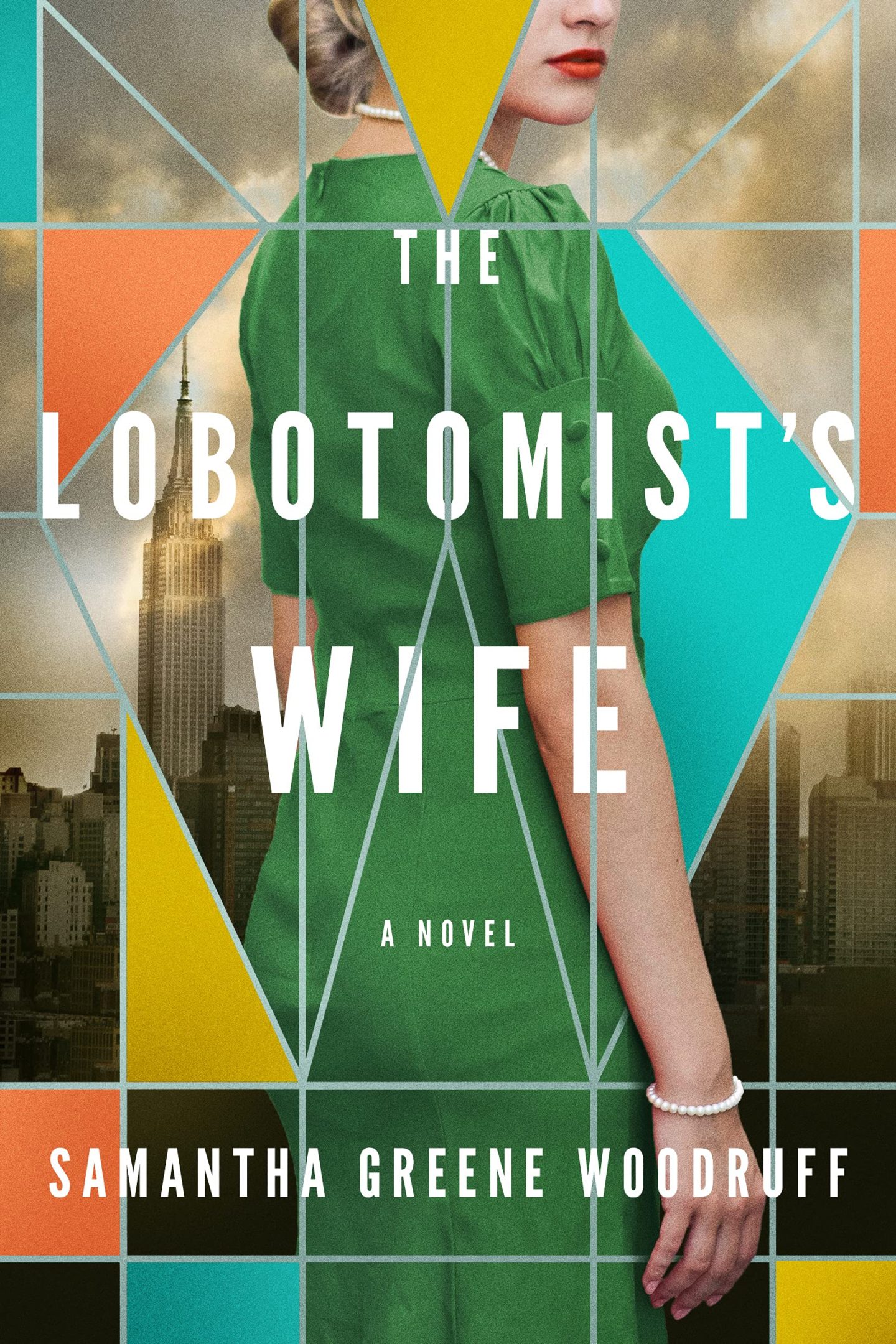
About the Book
An enthralling historical novel of a compassionate and relentless woman, a cutting-edge breakthrough in psychiatry, and a nightmare in the making.
Since her brother took his life after WWI, Ruth Emeraldine has had one goal: to help those suffering from mental illness. Then she falls in love with charismatic Robert Apter—a brilliant doctor championing a radical new treatment, the lobotomy. Ruth believes in it as a miracle treatment and in Robert as its genius pioneer. But as her husband spirals into deluded megalomania, Ruth can’t ignore her growing suspicions. Robert is operating on patients recklessly, often with horrific results. And a vulnerable young mother, Margaret Baxter, is poised to be his next victim.
Margaret can barely get out of bed, let alone care for her infant. When Dr. Apter diagnoses her with the baby blues and proposes a lobotomy, she believes the procedure is her only hope. Only Ruth can save her—and scores of others—from the harrowing consequences of Robert’s ambitions.
Inspired by a shocking chapter in medical history, The Lobotomist’s Wife is a galvanizing novel of a woman fighting against the most grievous odds, of ego, and of the best intentions gone horribly awry.
My Review
What an absolutely fascinating debut novel. From the first few pages I knew this one would hold a spell over me, and I was up late devouring the pages and reading while brushing my teeth because I couldn’t put it down. It also had me researching the history of the lobotomy because while Ruth Emeraldine is a fictional character, there are a lot of facts – some quite horrifying – in this historical medical drama. I absolutely adored Ruth’s character and her commitment to help those suffering from mental illness after the suicide of her brother. Even her love for Robert came across as incredibly genuine and pair that with his ambition and Ruth’s passion to cure mental illness, and it was a perfect storm that swept me away.
Along with Ruth’s story we get POV from Margaret, who is suffering from what was once called “baby blues” aka post-partum depression, and her decision to turn to a lobotomy to cure her. I kept having to remind myself while reading that these events were taking place in the 1950’s, and it made me horribly sad to read not only about Margaret’s struggles, but those who did have mental illness and the lengths they – or their family – would go to in attempts to cure them. I enjoyed that both Ruth and Robert were written as those who really did have the best intentions – but we see what can happen when ego and ambition begin to clash with those intentions. A novel that will make you think, feel and want to chat more about the storyline with those around you, I highly recommend The Lobotomist’s Wife.
5 stars

